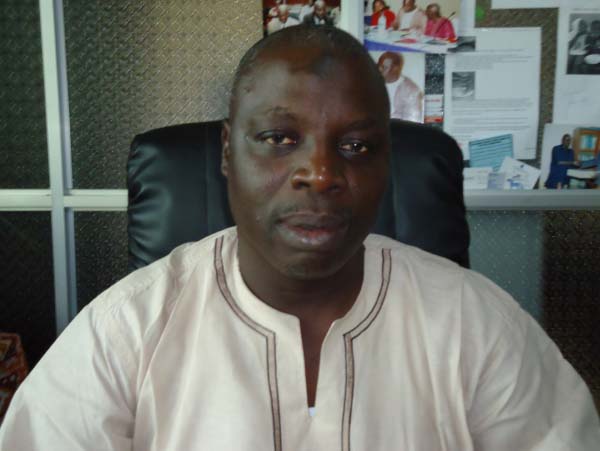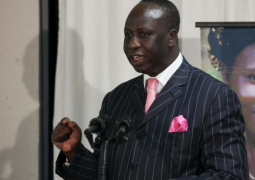
The Health Promotion and Education directorate under the Ministry of Health and Social Welfare in Banjul on Monday held a press briefing with members of the media to update them on Ebola.
Speaking at the briefing, Modou Njai, Director of Health Promotion and Education, said when the Ebola outbreak was announced they began their interventions at the regional level to sensitize communities.
It helped them raised awareness of people on the signs and symptoms of the Ebola virus.
They also sensitized traditional healers, religious leaders, drama groups, Red Cross branches, youth groups, school cluster monitors, reached various communities across the country and hosted numerous radio programmes in various languages, he said.
This made their intervention unique in the regions, he added.
Mr Njai thanked UNICEF and all other organisations that have been helping in their activities during this period.
However, they still face some challenges, according to Mr. Njai.
Some children are abusing the 1025 hotline, which is frustrating the authorities and, therefore, appealed to parents to control their phones as they are meant for a purpose.
Sanjally Trawally, the deputy Director, described health as very dynamic, adding that they have done a lot since the beginning of the campaign in March 2014.
People sometimes seem to dramatise the situation, which he added should not be the case.
Sanna Sambou, programme manager, Epidemiology and Disease Control, said The Gambia never recorded any Ebola case since the outbreak in West Africa.
He described Ebola as more than a public health issue, adding that it should be everybody’s responsibility and not just the Ministry of Health.
They are still monitoring at the various surveillance points, according to Sambou, who said some travellers are still escaping the authorities by entering the country without being screened.
However, the communities are well sensitized to report any suspected case.
Building the capacity of health workers should also be everybody’s responsibility, so that they are equipped to detect and take measures in any suspected case, he said.
They have to work hard and prepare for the forthcoming Independence celebrations, since people from affected countries would be attending on invitation; while some who were not invited would want to use the opportunity to visit their families or for other reasons, he pointed out.
He also mentioned some of the challenges they encounter, such as the need to re-sensitise children to stop abusing the 1025 hotline, and a lack of enough resources to strengthen the capacity of health workers, fuel shortage, lack of enough communication facilities, among others.
Pa Ousman Manneh, communication development officer at UNICEF, said they are here to support the government, and hoped the collaboration would continue to grow from strength to strength.
He also commended Health Promotion and Education directorate for being active all this while.


